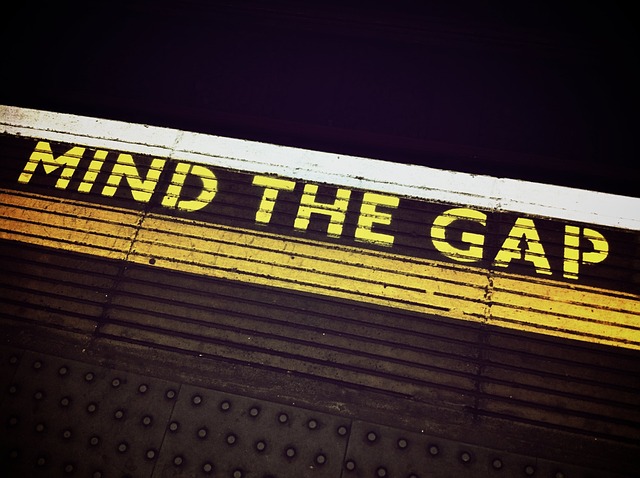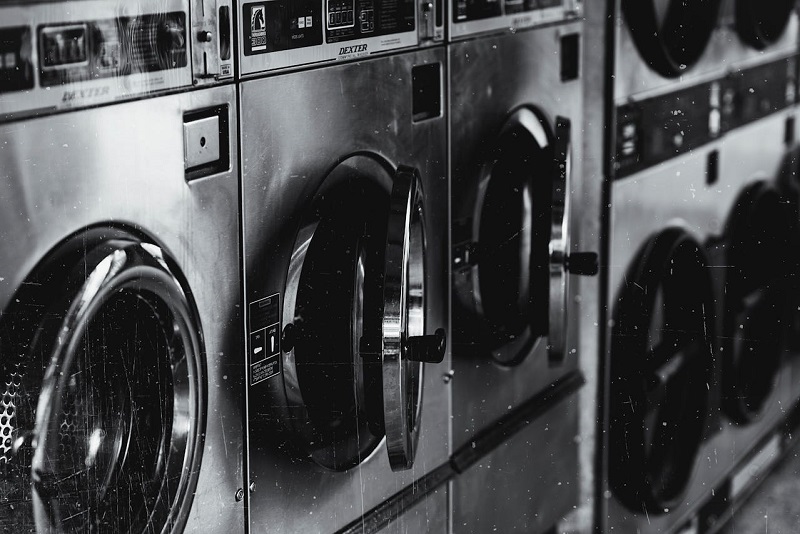
The atheist community has always had more men than women. Why?
One commonly heard answer goes something like this: more men are atheists because logic and science disprove religion, and those are inherently male pursuits. They’re rigorous and objective and based on hard facts. Women care about feelings and other squishy stuff, which makes them more susceptible to appeals based on wishful thinking and emotion.
A different answer points to the intersecting circles of privilege and exclusion. In a majority-religious society, nonbelievers still face ignorance, prejudice, and oppression. Women, too, have to deal with sexist treatment and harmful stereotyping. In particular, they’re judged more harshly than men for breaking with social norms. In essence, women might decide they have enough to deal with without voluntarily adding one more source of discrimination to their lives.
We can debate which of these answers are closer to the mark, but the underlying fact of the gender imbalance remained. Skepticism remained stubbornly male, and over the years, this gave rise to huge blowups and divisive arguments. Nonreligious women repeatedly spoke up about sexist language, sexual harassment and even assault at atheist gatherings. No surprise, some of them concluded that the secular community was no home for them.
This is ironic because, as skeptics of all genders pointed out, women have suffered a disproportionate share of religious oppression through the ages. Historically, religion has held women to far stricter rules. It’s barred them from positions of power and authority, demonized them as temptresses and sources of sin, harassed and shamed them for their appearance, sought to deny them autonomy over their own bodies, dismissed their ambitions of being something more than mothers and housewives, taught them to be silent and to obey the commands of men.
When religion is the source of so much hateful sexism, the nonreligious community should be a safe and welcoming place for women. We should have so much more to offer: more freedom, more equality, more respect for self-determination. But, again, the numbers refused to reflect that.
Over the last two decades, which witnessed an explosion of religious disaffiliation, it was men more than women who were abandoning their faith commitments. In fact, for as long as we’ve conducted polls on religion, men have consistently demonstrated lower levels of religious engagement. But something has changed. A new survey reveals that the pattern has now reversed.
Older Americans who left their childhood religion included a greater share of men than women. In the Baby Boom generation, 57 percent of people who disaffiliated were men, while only 43 percent were women. Gen Z adults have seen this pattern flip. Fifty-four percent of Gen Z adults who left their formative religion are women; 46 percent are men.
In demographic terms, this is a magnitude 8 earthquake. As Phil Zuckerman points out, women have scored higher than men in every measure of religiosity in every survey since at least 1945. This finding, if it holds up, shatters a pattern that’s held up throughout the world for the last eight decades.
What changed?
It certainly appears that, though it took time, the secular argument is making headway. This is tied to the overall progress of feminism in society: more women than ever are completing higher education, having careers of their own, getting married and having families on their terms or not at all. There’s an expectation of equal treatment and autonomy that didn’t exist in previous generations.
And as women become more accustomed to fairness, the churches are increasingly an outlier. Most major denominations still preach male superiority and female submission. They haven’t changed, while the world has. That makes their archaic, harmful attitudes easier to notice:
Sixty-one percent of Gen Z women identify as feminist, far greater than women from previous generations. Younger women are more concerned about the unequal treatment of women in American society and are more suspicious of institutions that uphold traditional social arrangements. In a poll we conducted, nearly two-thirds of (65 percent) young women said they do not believe that churches treat men and women equally.
When we zero in on specific causes, two big sociopolitical changes – the movement for LGBTQ equality, and more recently, the fall of Roe and the spread of abortion bans – have had an impact. Both of these have made women, especially young women, more liberal and more politically conscious. It’s impossible not to notice when your rights are under attack, and women can see for themselves that conservative churches are the major cultural force behind it:
It’s not only about gender roles. There is a cultural misalignment between more traditional churches and places of worship and young women who have grown increasingly liberal. Since 2015, the number of young women who identify as liberal has rapidly increased. I speculated in a previous post about whether the abortion issue might be driving young women away from church. They are unequivocally pro-choice—54 percent of young women believe abortion should be available without any restriction in the 2022 General Social Survey.
This has also coincided with the rise in LGBTQ identity among young women—nearly three in ten women under the age of 30 now identify as something other than straight. It may explain why more Americans cite this as a reason for leaving. A new PRRI poll found that 60 percent of young people who left their childhood religion said that “negative treatment of gay and lesbian people” was an important reason.
To be sure, we’re not on a trajectory towards a world where men are all religious and women are all secular. More young people of all genders are religiously unaffiliated than ever before; that hasn’t changed. But among churches that still have young members, some are starting to see a pronounced gender slant toward men:
Grace Church, a Southern Baptist congregation, has not made a conscious effort to attract young men. It is an unremarkable size, and is in many ways an ordinary evangelical church. Yet its leaders have noticed for several years now that young men outnumber young women in their pews. When the church opened a small outpost in the nearby town of Robinson last year, 12 of the 16 young people regularly attending were men.
What’s comical is the pretense of bewilderment that pastors put on, pretending they have no idea why this is happening:
“We’ve been talking about it from the beginning,” said Phil Barnes, a pastor at that congregation, Hope Church. “What’s the Lord doing? Why is he sending us all of these young men?”
In reality, this should be no surprise. When you preach patriarchy, you get wannabe patriarchs.
We’re living through a time of shifting gender roles and crumbling stereotypes. These mass social changes always create confusion and anger, as the old messaging about masculinity that men have absorbed clashes with new realities. Millions of young men are adrift, struggling to figure out their place in the world. They’re receptive to anyone who tells them where they belong.
Conservative churches have an appealing message for these men. It tells them that they’re entitled to special privileges by virtue of birth: that God put them in charge, that they should have power and authority, and that they deserve obedient housewives who wait on them hand and foot and devoted children they don’t have to give birth to or raise. For obvious reasons, they flock to that message like flies to spoiled meat.
What these pastors would be asking, if they had any sense, isn’t why men are showing up but why women aren’t. What does their religion offer to women, other than a life of subservience and a predefined role they may not want to conform to? Why should they want to attend a church that promises them second-class status? Women have broken out of that box, and they’re not going back into it.
But this is no moment for atheists to rest on our laurels. We have a huge opportunity to bring women over to our side, but we shouldn’t take it for granted that they’ll want to. The problems that drove so many women away from the secular movement haven’t necessarily been fixed. We need to make a deliberate effort to appeal to them and speak to what they care about, in a way that religion hasn’t. This is our moment to seize – but if we fail, we’ll have no one to blame for it but ourselves.



